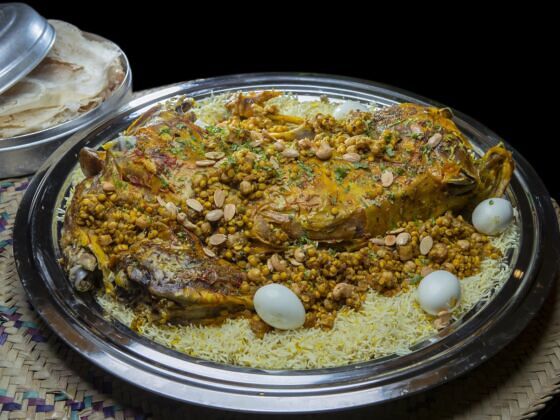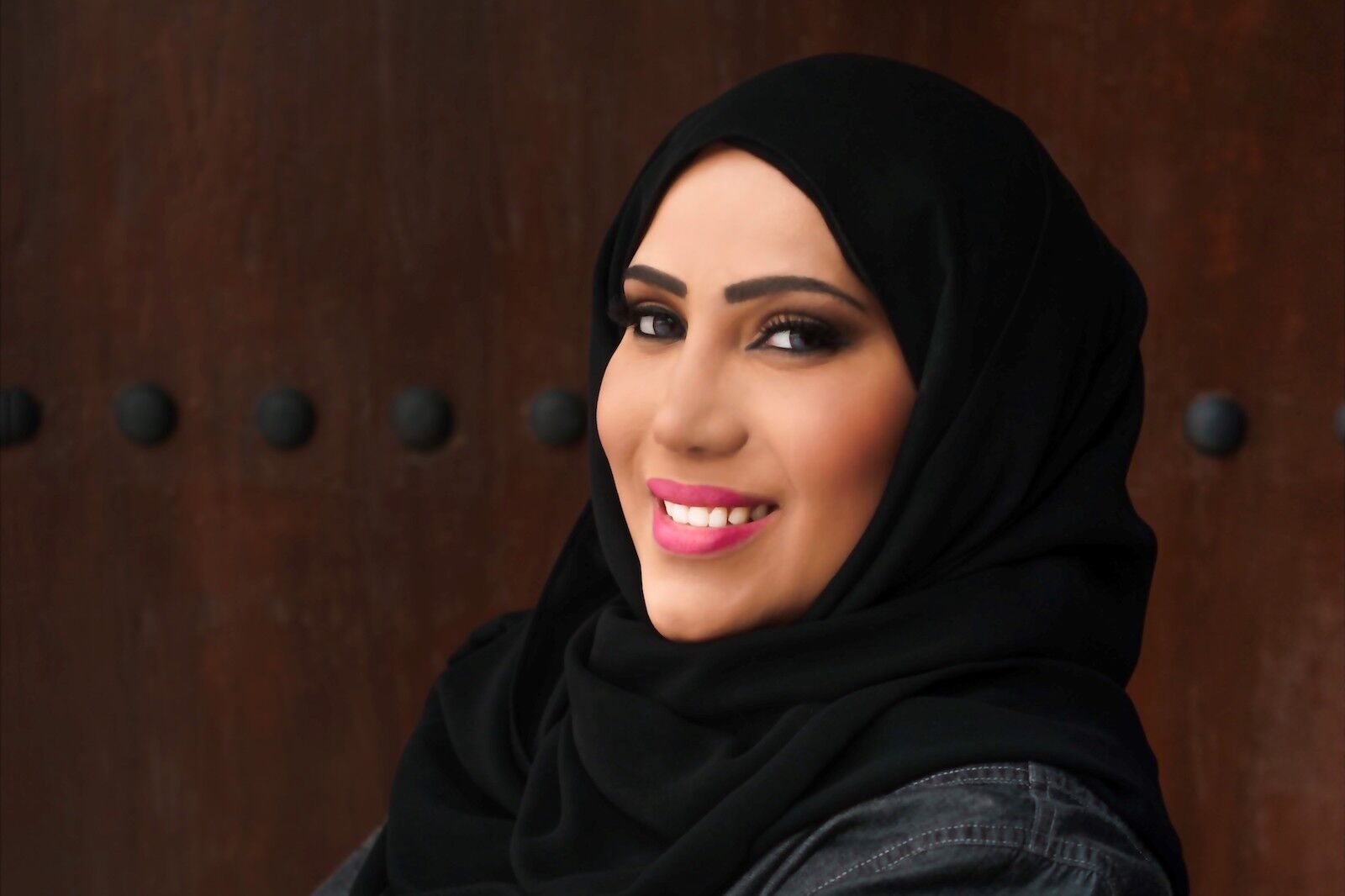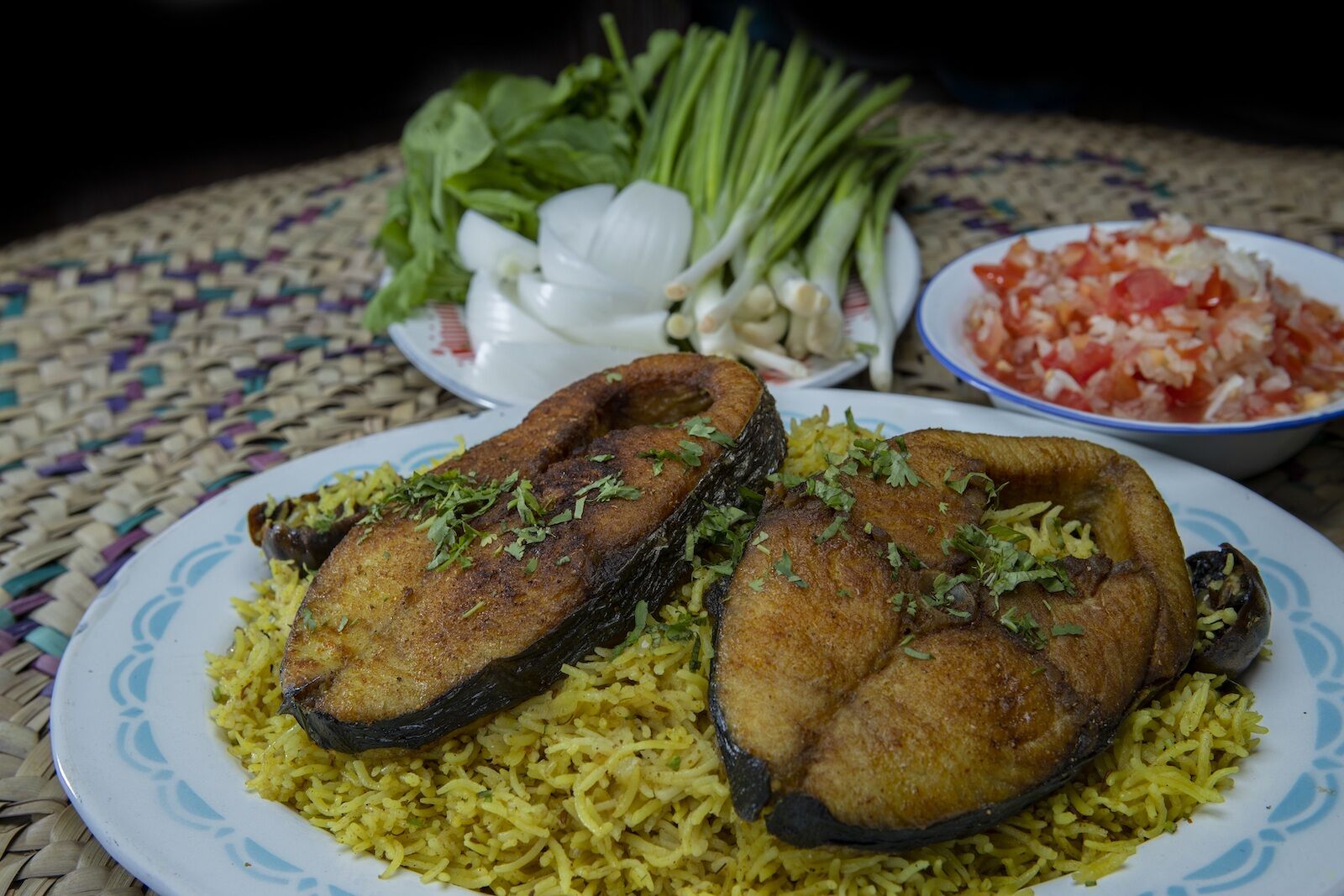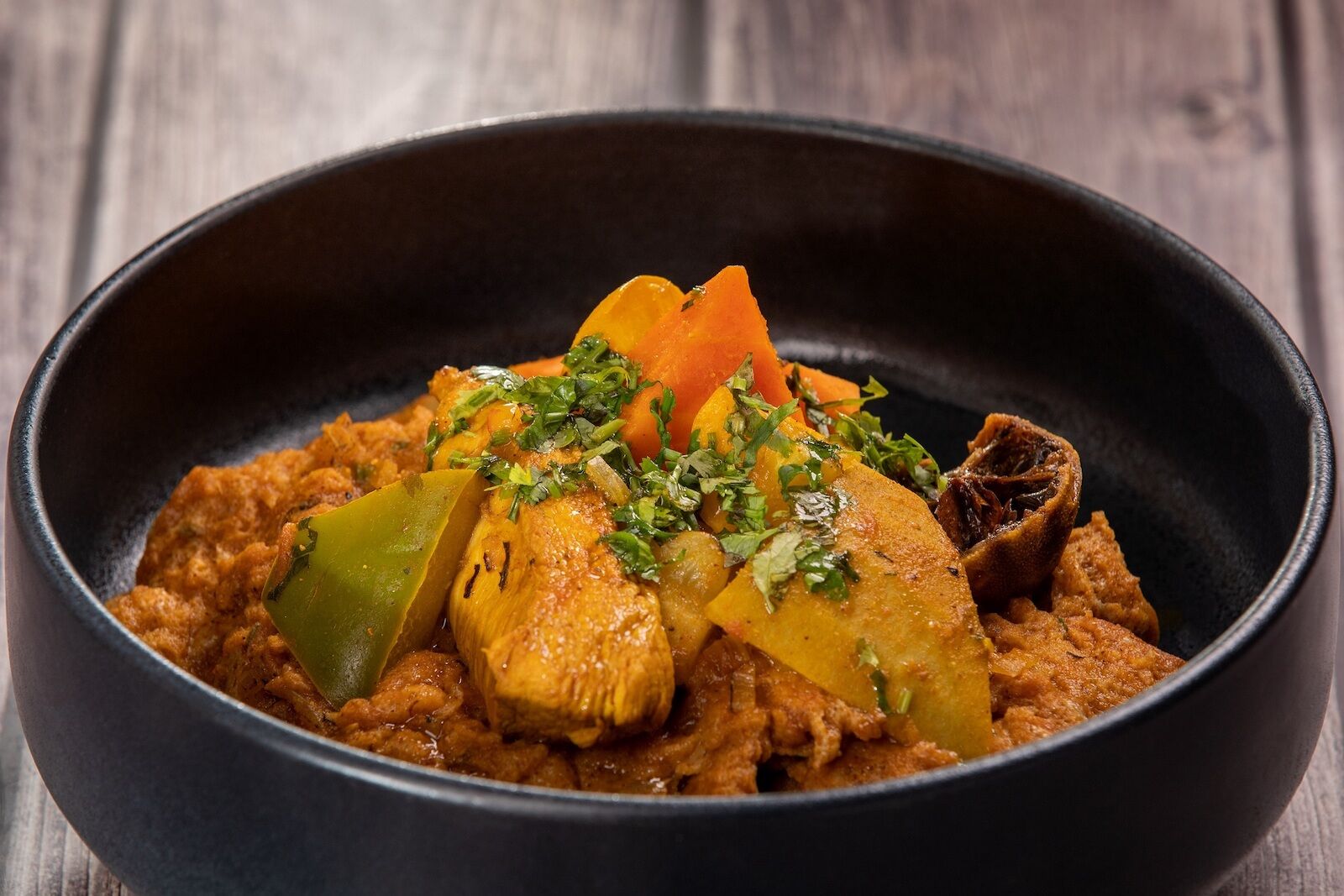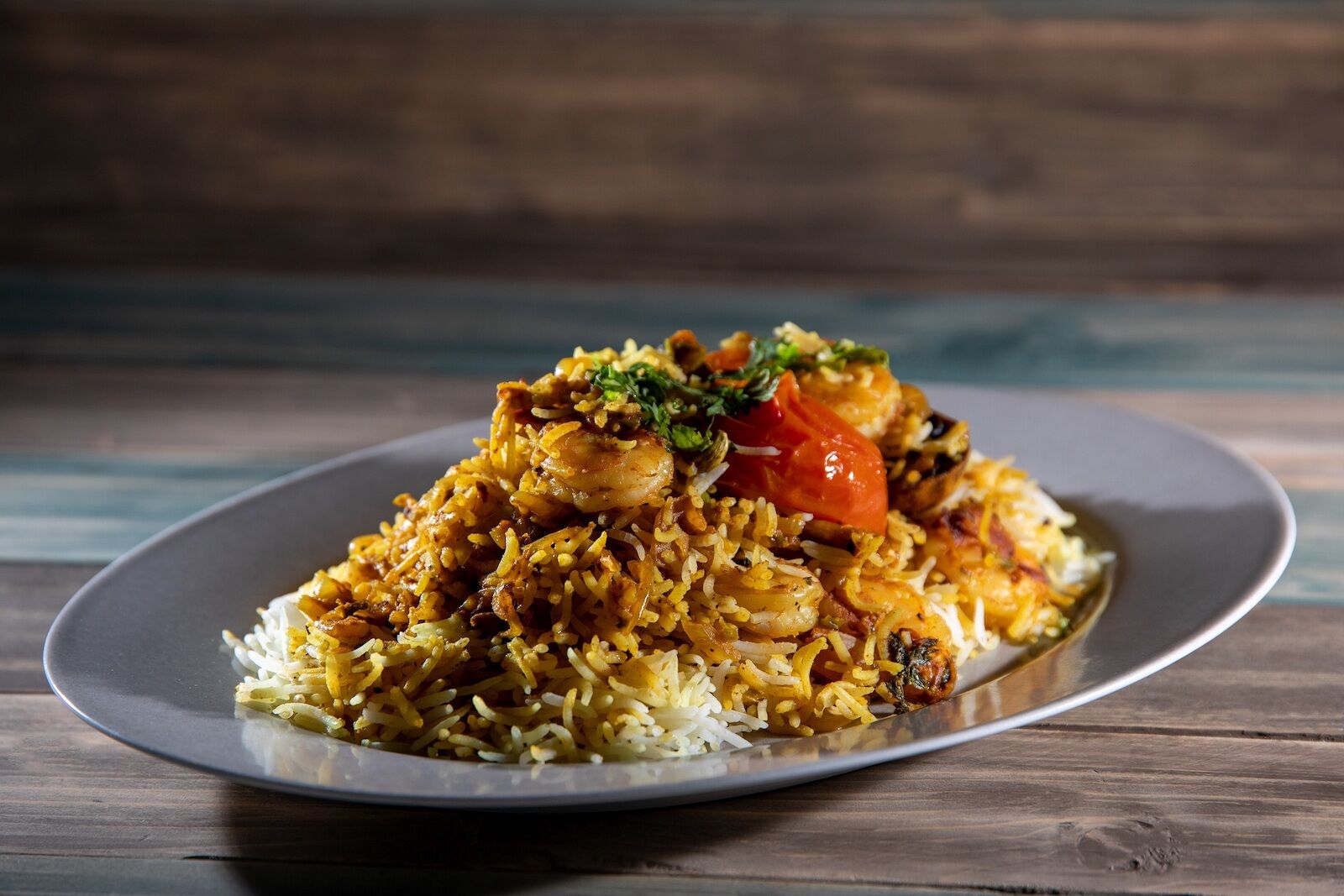Tourists can find just about any type of food they’re looking for in Abu Dhabi, the capital of the United Arab Emirates. Yet historically, the hardest cuisine for visitors to find has been the one many world travelers who prioritize dining on their vacation itineraries: local food.
Perhaps this shouldn’t be too surprising in a country that is truly a nation of immigrants. Nearly 90 percent of the UAE’s population was born outside of the country. People from South Asia — especially India, Bangladesh, and Pakistan — make up nearly 60 percent of the population. Food, as it does elsewhere, follows the people.
